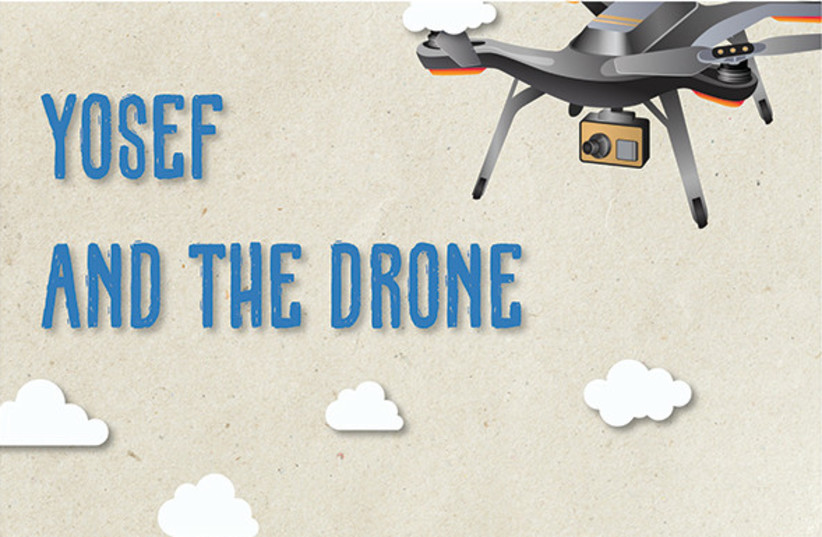The moment we Israelis woke up to sirens on Simchat Torah, we knew that the story we presented to our children would influence the way they cope and how they would remember this day. We were worried and did not yet know the enormity of the attack nor the length of the fighting to come.
With younger children it was easier; they did not yet understand what was happening. But in the following days and weeks, our nine-year-old daughter came back from school having gathered information from friends and billboard postings, and we understood that we needed to provide her with real and reliable information and strengthening mantras.
Hadassah Ben-Ari’s project was exactly what we needed. Hadassah, the wife of singer Hanan Ben-Ari and mother of seven children, initiated the project to provide stories for children about this war from the point of view of its wonderful heroes and heroines.
Bringing new stories for children about current events in Israel
The Heroes of October 7th, written initially in Hebrew and now in English and French, is a project that brings new stories for children about the current events in Israel. These stories focus on people who have shown tremendous acts of heroism and bravery on October 7 and in the ensuing war. “A story read together with an adult” is intended to help parents narrate heroic stories of the war in a language that is suited for children ages 9-12, and each story is reviewed by a psychologist.
The stories are written in a child-friendly language, where the font is attractive, and the beautiful colorful illustrations bring a part of each individual heroic story to life. When my daughter and I started reading the book, we could select the stories based on their intriguing titles, length of text, and illustrations.

We chose to start with a story we already knew about – Rachel from Ofakim. In “Rachel the Hostess,” we smiled at the image of the cookies (we had already baked Rachel’s recipe, so we knew how good they tasted). The story is written cleverly, the words well chosen.
We found out details of the story we did not yet know, and we were both on edge until the end of the story. We kept silent for a few seconds, and then my daughter’s first word was “Wow!”
And I felt the same way. Afterwards we kept reading stories together. I admit that I read them myself as well, as I feel they bring a unique point of view and much-needed comfort and pride.
At first, Ben-Ari wrote the stories herself, but now she has a team of more than 15 writers. Currently, there are over 170 stories and counting. Since the beginning of the war, a story has been published each day.
The stories were initially posted on social media in Hebrew (Facebook, Instagram, and a subscribed WhatsApp group). Now they have been translated into English and French, where they are available free on Facebook. On the Facebook page are “Guidelines for reading the stories,” which detail instructions for adults when reading the stories with children.
Allison Kupietzky, the English project manager, describes what made her want to participate in this project: “On a personal level, my nephew Yosef Guedalia was killed on the first day. I wrote a story about him, and I added it to the collection of stories. I thought that children should hear about these heroes in a language which wasn’t scary. We’re giving a voice to many fallen soldiers. It’s not just soldiers; there were children too who saved each other from this terror. I think that when a child hears that other children found tools to get out of danger, they have less fear.”
Kupietzky put a team together with her co-worker Joslynne Halibard, a professional editor. “When I edit the work, I look at it through the eyes of a mother of a nine-year-old. I consider what I would like my child to be reading, what I would like her to take away from the situation. One needs to strike a fine balance between being vivid in the descriptions and protecting our children,” says Halibard.
One of the project’s goals is to reach a broader audience. “It gives us a great sense of pride knowing that these stories are being shared worldwide,” comments Halibard.
Kupietzky adds: “Our intention is to reach Jewish communities all over the world and bring this strength to them, to the children, and to the families. If we could have one thing come out of this article, it would be that people would open our Facebook page and follow us to see the stories as they progress. One of my hopes is that this will give us strength and unity because right now, that is really missing.” ■
You can see the English Facebook page at www.facebook.com/profile.php?id=61553521366270 or scan:
